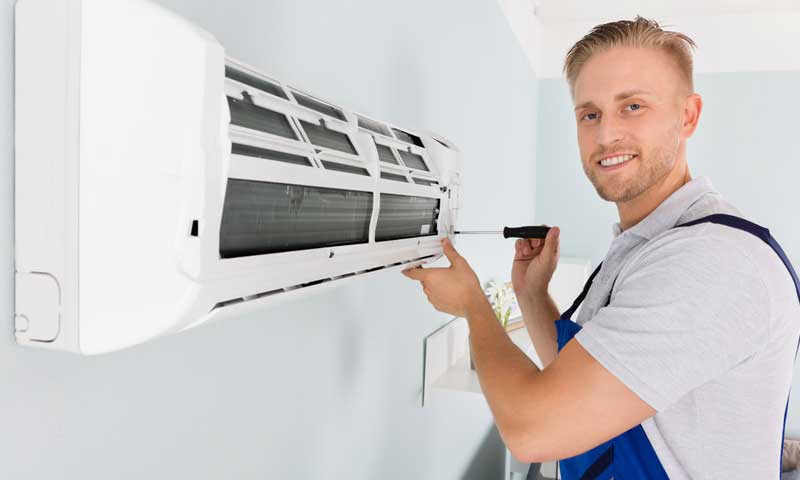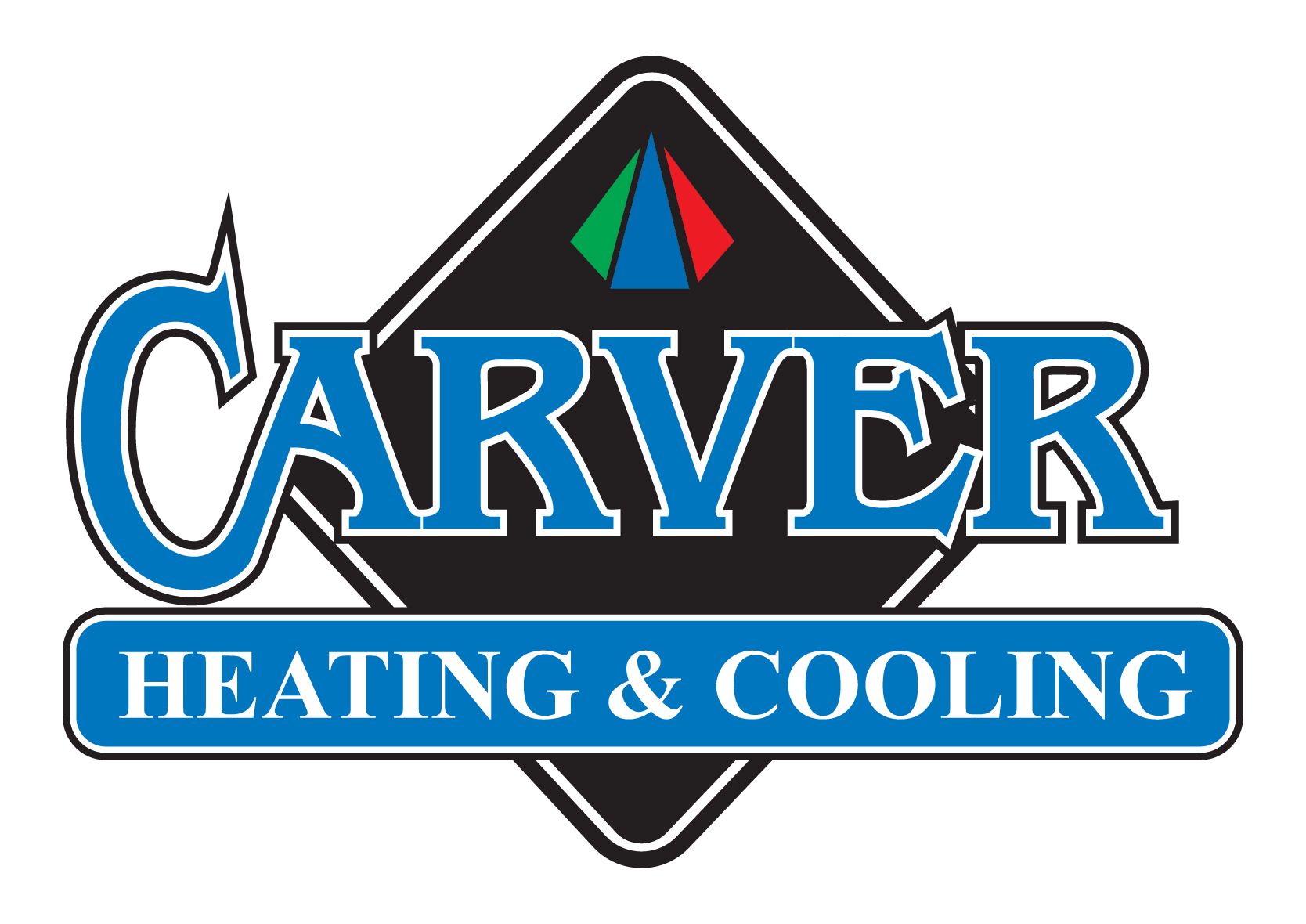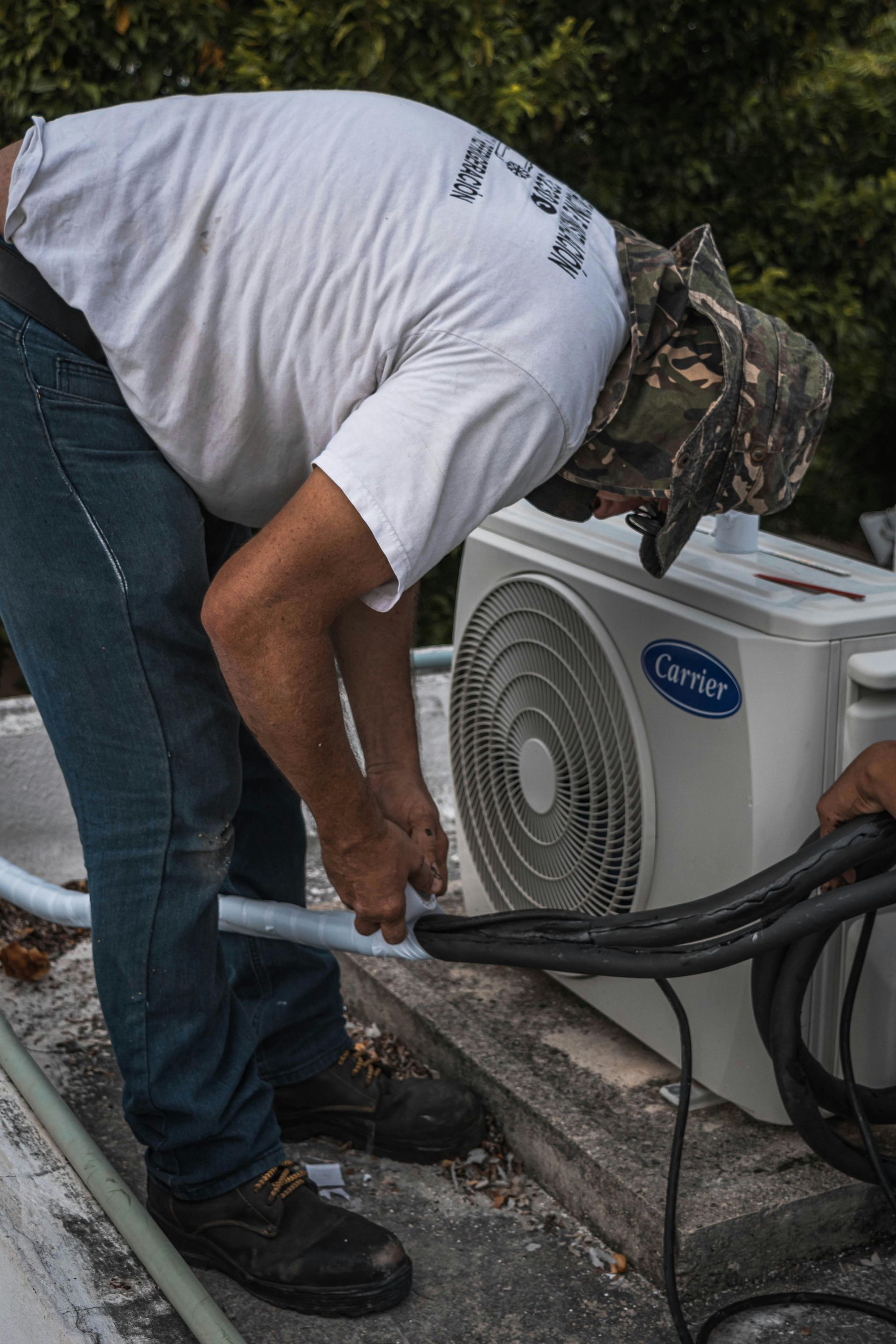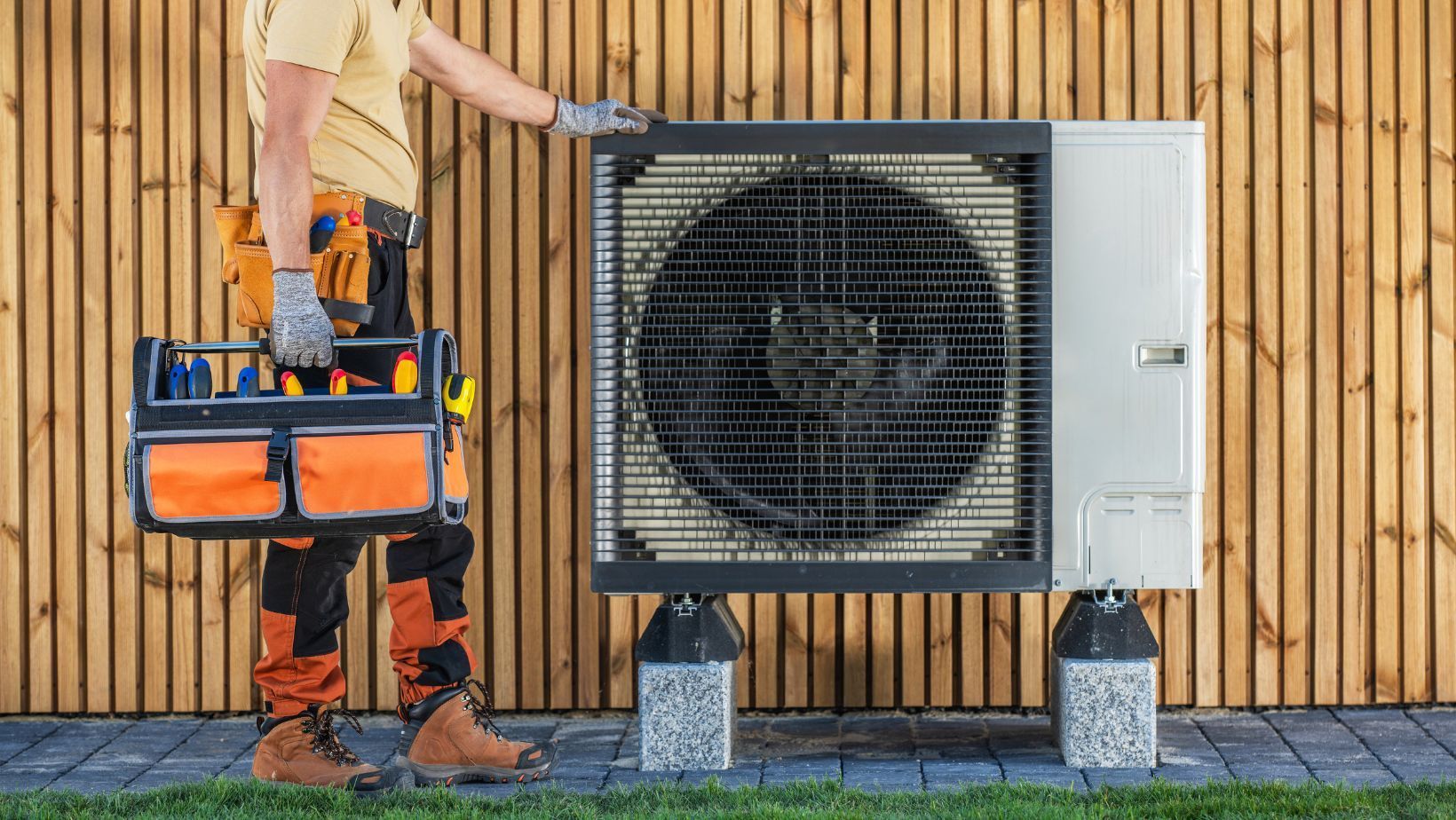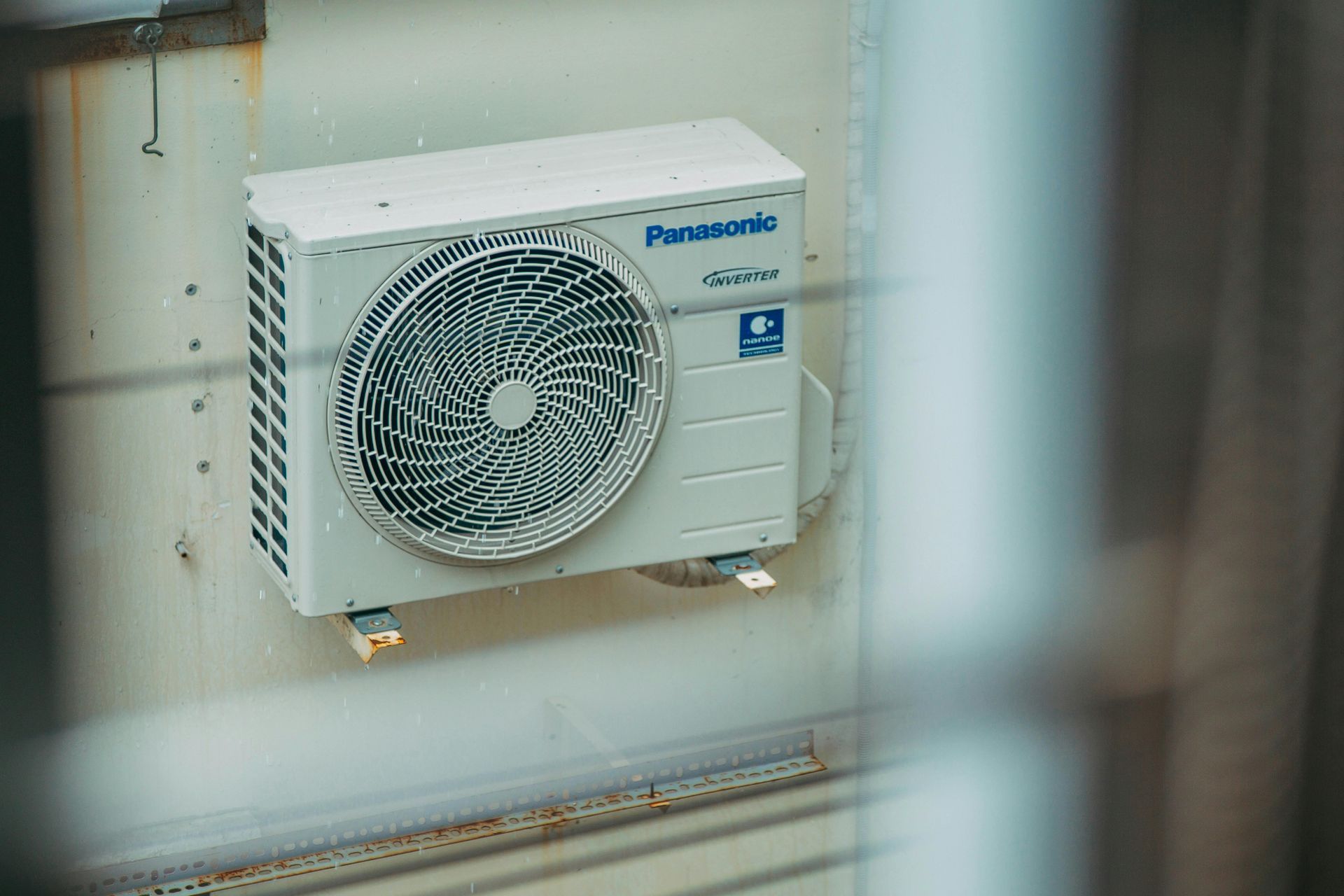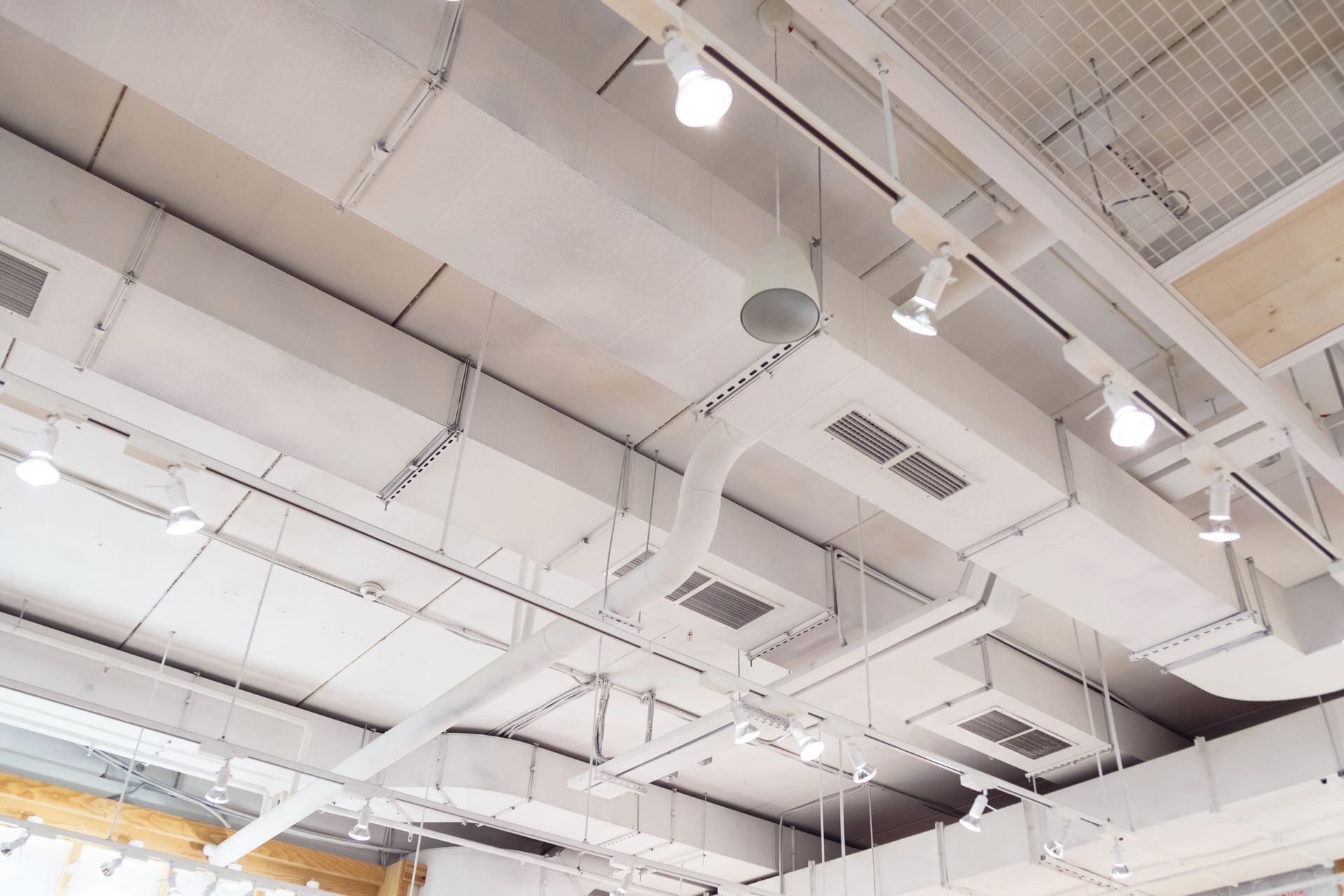Electric Or Gas: Which Water Heater Type Should You Choose And Why?
Electric Or Gas: Which Water Heater Type Should You Choose And Why?
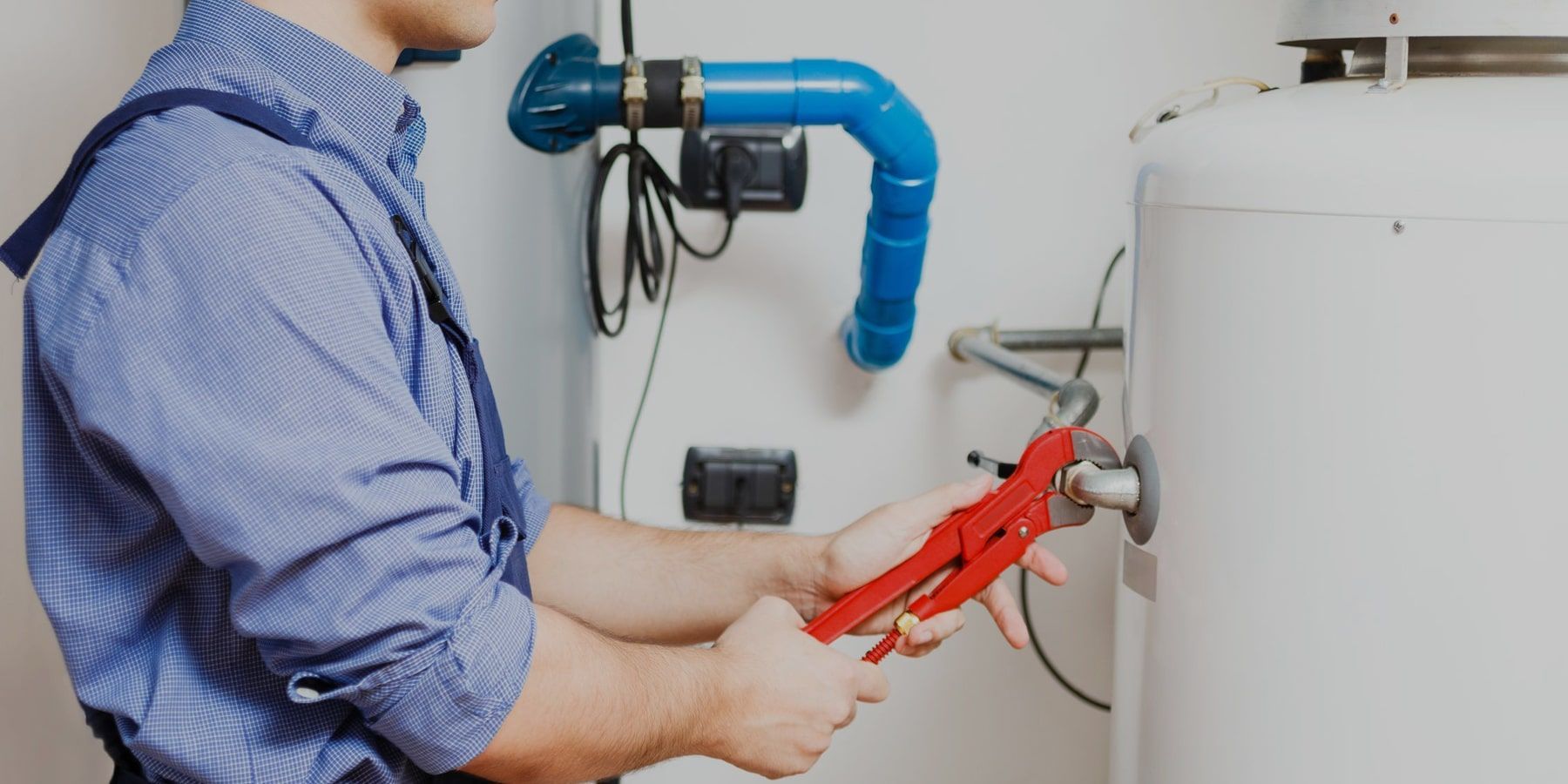
Water heaters are an essential part of every home and office utilities. It takes care of heating the water without the need of boiling them manually.
There are two main types of water heaters: electric and gas. Two of them serve the same function - to heat water to a certain temperature.
But which one should you choose? Is one better than the other? What is/are the advantage/s of using one? In this article, we’ll help you answer those questions in order for you to choose the right one.
The Different Types
- Electric Water Heater
An electric water heater is a device to heat water using, well, electricity. It is used to provide hot water for baths, showers, and other household needs.
Electric water heaters are usually more expensive than its gas counterpart but considered to be safer and easier to install. It also requires less maintenance than gas models.
One or more electric heating elements heat the water in the storage tank. The thermostat is used to control the temperature of the water in order to set it to the desired level.
- Gas Water Heater
A gas water heater is a device that uses natural gas or propane to heat water for domestic use. It typically consists of a storage tank, a gas burner, and a thermostat.
The water in the storage tank is heated by a gas burner, which is ignited by a pilot light or electronic ignition system. The thermostat is used to control the temperature of the water, allowing you to set it to the desired level.
When you turn on the hot water tap, the hot water is drawn from the storage tank through the hot water line and into your plumbing fixtures.
Things To Consider
Electric Water Heater
- Cost
The cost of having an electric water heater installed depends on the unit size, type, and any additional features or installation requirements. On average, you can expect to pay $800 to $1,500 for the unit and $500 to $1,000 for installation.
- Efficiency
Electric water heaters are more efficient than older models that are powered by gas or oil. An electric water heater's efficiency can be determined by the size of the system, the produced water temperature, thermostat setting, and its energy factor of EF.
A higher EF means a more efficient water heater, most efficient models having an EF of 0.95 or higher. Overall, electric water heaters can be a very efficient way to heat water for your home, as long as they are properly maintained and used in an efficient manner.
- Safety
Electric water heaters do not produce carbon emissions or other byproducts of combustion, which means they do not pose the same risk of carbon monoxide poisoning or other safety hazards as gas water heaters.
- Environmental impact
If you are concerned about the environmental impact of your water heater, an electric water heater may be a better choice, as it does not produce carbon emissions.
However, it's important to note that the electricity used to power the water heater may have been generated using fossil fuels, which can contribute to climate change.
Gas Water Heater
- Cost
Just like an electric water heater, the cost can also depend on the size, type, and additional features. But on average, the price can range up to $270 - $900 per 30 gallons, and the installation fee can go up $3000.
- Efficiency
The efficiency of a gas water heater is typically measured by its energy factor (EF). A good gas water heating unit can give 0.6 to 0.7, which means they use about 60-70% of the energy they consume to produce hot water. And sometimes, a pretty efficient unit can give you an EF of 0.95 or even higher.
But like its electric counterpart, the efficiency would still depend on the model, size and year manufactured.
- Speed
Gas water heaters can usually heat water faster than electric water heaters, which means you may have to wait less time for hot water when you turn on the tap.
- Capacity
Gas water heaters are available in larger sizes than electric water heaters, which means they may be able to meet the hot water needs of larger households more easily.
Conclusion
There are pros and cons to both electric and gas
water heaters, and the best choice for you will depend on your specific needs and circumstances. But is one really better than the other?
There are things you might consider such as fuel type and availability, initial cost, operating cost, and its environmental impact.
It is still up to you as a buyer and a customer on which to choose. Whether you choose this because of its efficiency that the other cannot offer.
Looking for a good place to buy your next water heater here in London, Ontario? Take a look now and heat-up your winter!
